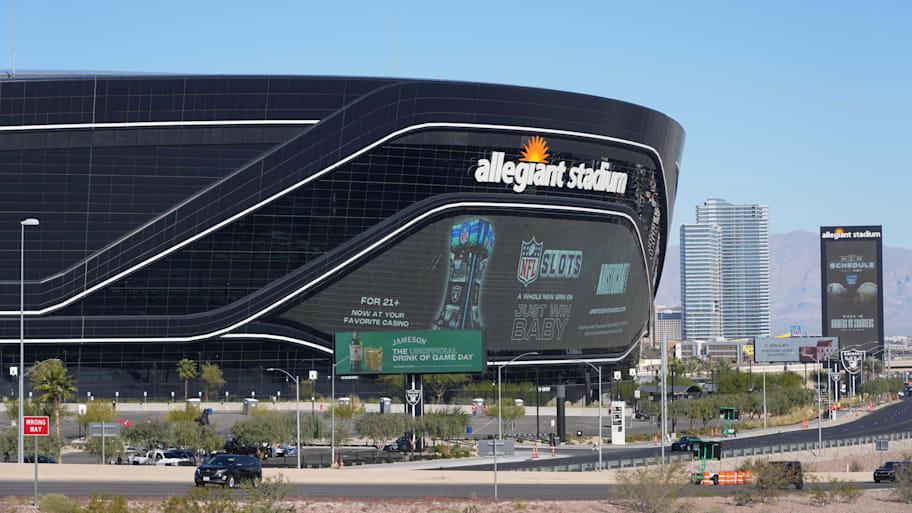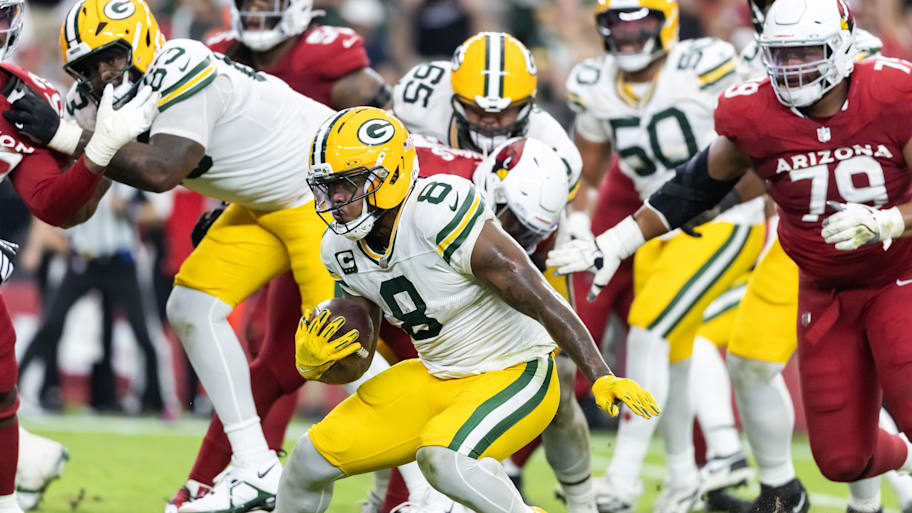
One night during training camp, when I worked for the Packers in 2007, we decided we would have a fantasy football draft among our front office and scouting staff. Just to make sure there would be no semblance of “gambling,” we had two rules: No Packers could be drafted and no money would be exchanged, either for buy-in to the league or to reward the winning teams. Even with these rules, my conscience got the best of me, as I felt like I should run this by someone in the league office. As the group groaned about me being such a downer, I called my contact at the NFL management council to tell him what we were doing.
I explained what we wanted to do, emphasizing that we couldn’t draft our own players and that no money would be involved. There was a long pause on the other end of the line, before he said something to the effect of: Andrew, we didn’t have this conversation. I said: “Excuse me?” He said: “How’s your family?” Even for an innocent and free season-long fantasy football league, the NFL didn’t want to know we were doing it. (Side note: The guys who pick football players for a living—our scouts—were the worst fantasy football players ever. They didn’t get the purpose of the league, as they were drafting late-round nuggets rather than taking the chalk picks that would actually score them fantasy points.)
Even in the mid-2010s, the NFL barred Tony Romo and other players from attending a fantasy football convention in Las Vegas. And, of course, the NFL—along with the other major sports leagues—fought the state of New Jersey in court for seven years, winning at every level up until the U.S. Supreme Court. The NFL’s argument? That sports betting would diminish the integrity of the game
That was then, this is now. The Supreme Court ruled against the NFL and the other sports leagues, allowing for legalized sports betting and opening the floodgates. There are now 39 states (and the District of Columbia) that have legalized sports betting.
From naughty to normal
While the NFL lost in court, it won at the bank, and it has now embraced sports betting and all its monetization angles—advertising, sponsorship, in-stadium or stadium-adjacent sports books, etc. And NFL media is truly all in; it is impossible to watch a game or shoulder programming without being inundated with sports betting ads and even “touts” from broadcasters in the middle of the games. Companies such as FanDuel, DraftKings, Bet365, ESPN Bet and so on are as much a part of the viewing experience as the games themselves (full disclosure: My podcast is sponsored by DraftKings). It is embedded in our sports consumption.
And the NFL truly crossed the Rubicon when it placed a franchise in the nation’s Mecca for gambling, Las Vegas. I remember when I was covering the Raiders’ relocation from Oakland to Vegas for ESPN, I was able to ask a couple of NFL owners about the move. What, I asked, were their concerns about moving to Vegas? The answers were about the city being relatively small and a tourist market. What about gambling, I asked? There were no concerns there. How times had changed.
All of this is background to what happened last week, with an FBI ring ensnaring an active NBA player (Terry Rozier), a sitting NBA coach (Chauncey Billups) and others for, among other things, using nonpublic information to win prop bets on performance. FBI Director Kash Patel has hinted at more to come in this sting, and it would not be surprising to see names associated with the NFL surface at some point. Included in those indictments are references to the involvement of major organized crime families. This was a specific fear of the NFL for years, of loosened gambling rules leading to organized crime involvement, of others taking advantage of inside information. And, well, here we are.
Ironically, the NBA is led by Adam Silver, the most forward-thinking commissioner on this topic, who wrote a New York Times op-ed in 2014 about bringing sports betting out of the darkness and into the light, meaning legalization.

The lure of the props
The longtime concern about sports betting was the “line,” and whether a team would win or lose by a certain number of points. But we are now in the world of prop bets, estimated to be 20% of the “take” by sports betting operators. Bettors are lured in with what are essentially “up-sells” on human performance. This brings in the large potential for manipulation, whether done innocently or in a much more sinister way, such as players subtly taking themselves out of games before the prop would hit. It seems odd there are prop bets even on lower-level players, but obviously the sports books like having them, as bettors will bet on them. Follow the money.
We would be naive to think there haven’t been other issues in this slippery slope world of gambling and sports we live in. In my experience as a player agent and a team executive, I have always noted when there would be a constant presence of other people around players, what I referred to as his “herd.” The herd could be lifelong friends, relatives, former coaches, advisors, business associates, etc. They would all know more about the player and his playing status than most anyone else. Even if they had no nefarious intentions, they may tell someone who may tell someone who may tell someone. You see where I’m going.
Why, you ask, would players making so much money risk this? In the NBA case, Rozier has career earnings of over $160 million; Billups has career earnings—as a longtime player and coach—of over $100 million. They didn’t need the money, but perhaps it is the pull of the betting or “the juice” that excites them more than the financial gain. It reminds me of an NFL client I once had, a defensive end making millions of dollars, who would somehow play harder when I promised him $20 for every sack he had in a game.
I worry about the easy access of sports betting, especially for young people. Even as someone older and with what I believe is a lot of self-control and discipline, I will not have any sports betting apps on my phone. It is too easy to be tempted to just make one bet, or one more bet, or one more after losing that one to break even. I think about young people, especially young males, not having the level of self-control needed to curb one-click betting at any time, on any sport, with any wager, including prop bets.
Yet, with the help of the U.S. Supreme Court, this is the world that the leagues once fought and now embrace. Sports betting is here and, it appears, here to stay. The only question is how to manage its risks.
More NFL From Sports Illustrated
This article was originally published on www.si.com as An Inside Look at How Quickly the NFL’s Stance on Betting Changed.







